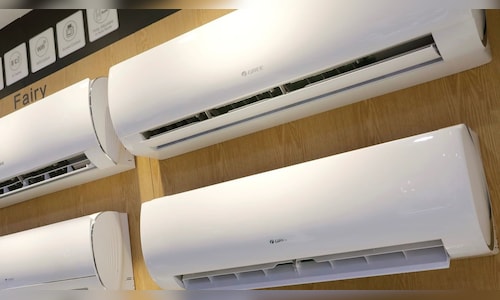A temperature range of around 24°C is often recommended. It can help promote a comfortable sleeping environment and improve the quality of sleep. This temperature setting can also help reduce energy consumption and save on electricity bills.
Furthermore, setting the temperature to 18 will not make your air conditioner cool faster but will consume more electricity. As a result, it’s best to leave the air conditioner
at its default setting. Additionally, using a dehumidifier and ensuring proper airflow can further maintain a comfortable environment.
Sleeping with the air conditioner (AC) on can have several benefits and can help prevent heat-related conditions such as dehydration, heatstroke, and heat exhaustion.
A room’s temperature can significantly impact sleep quality. Both hot and cold temperatures can disrupt sleep, causing issues such as restlessness, difficulty falling asleep, and waking up during the night. A room that is too hot can be more detrimental to sleep than one that is too cold, leading to discomfort, restlessness, and sweating, which can cause dehydration.
Sleeping in an overheated room can make it difficult to fall asleep, as well as decrease sleep efficiency. Also, a room that is too cold can make it harder to fall asleep and lead to poor sleep quality and increased interruptions during sleep.
Smart air conditioners may be operated via your smartphone, allowing you to set different settings for different times of day. You can set it to cool your bedroom right before bedtime and then raise the temperature slightly when you wake up.
Regular maintenance of your air conditioning unit is also crucial to ensure it operates efficiently, which includes cleaning filters and checking for any issues. Good insulation is essential to keep cool air in during the summer, which reduces the workload on your air conditioning system, resulting in lower energy consumption and increased efficiency.
(Edited by : Sudarsanan Mani)










